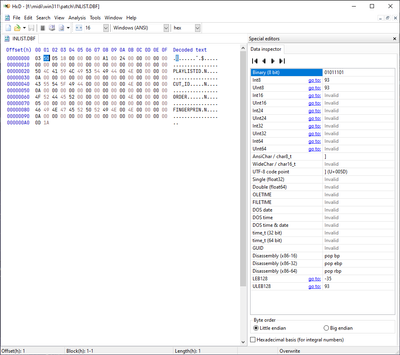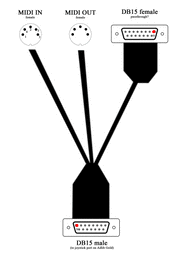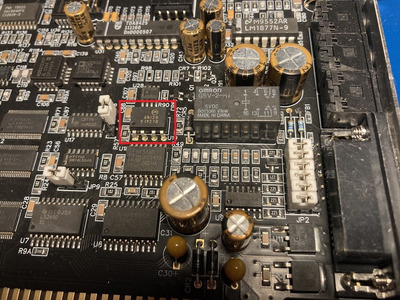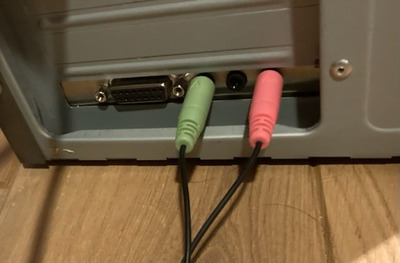hi folks!
thought i'd pass on a brief experience report of running the Goldlib alongside
a YMF719 based ISA (PNP) sound card for the CDROM version of Dune. (with apologies to anyone who finds this obvious!)
i started initial with a sb pro 2 (non-pnp) that has hardwired ADLIB io ports.
with line-out from goldlib to line-in on sbpro2 with sbmixer line-in set to 80 & fm synth set to 0.
this appeared to work OK in Dune, but as FM Synth commands were being played by the sbpro2 then muted,
I decided switched to a YMF719 based card.
setting the variable
BLASTER=A220 I5 D1 Y0 F3A8 T4
and running unisound with line-in mixer settings configured the YMF719's adlib port to a non standard port:
unisound /VL80
here, even with the FM Synth of the YMF719 volume at normal levels, only the goldlib renderes the sound track.
at all times, Dune seems to respect the line-in mixer config
the DUNE.bat file with config for goldlib + soundblaster digital audio contains:
DNCDPRG ENG ADG388 SBP2205 HIM 386 SAF WRIC:\GAMES\DUNE\
thanks to @keropi and all involved. never thought i'd hear this!




